The German parliament, Bundestag, has seized Angela Merkel’s Federal Government on the political situation in Kabylia, the arbitrary arrests of pro-independence activists in Kabylia and the issue of human rights in Algeria. It is by written questions, one of the instruments of control exercised by the opposition on the Federal Government in Germany, that Ulla Jelpke, deputy and spokesperson of the party Die Linke for internal affairs, has caught the attention of the Merkel Government. The application, signed by Dr. Sahra Wagenknecht and Dr. Dietmar Bartsch, carries the number 19/10729 and can be viewed on the Bundestag website. In Germany, these requests are opposition instruments that wishes to control the activities of the Federal Government. They often ask for accounts regarding certain actions or why some actions have not been taken. The answer is expected within no more than two weeks.
After questioning the Government on the question of human rights in Algeria, particularly on the issue of the freedom of individuals, freedom of religion, women’s rights and freedom of speech, the German deputies asked the Government of explanations regarding the situation in Kabylie and Mzab. Below are some questions about the new status of Tamaziɣt, Kabylie and Mzab.
13. For the Federal Government, what is the status of Tamaziɣt in Algeria? a) Are there any legal or practical restrictions for public use of the Tamaziɣt language? b) From when and to what extent, from which class and from which level, are the insured courses taken? c) What is the real commitment of the Algerian state in the promotion of Tamaziɣt? d) Is the Federal Government aware of the promotion of the policy of linguistic Arabization exercised by the Algerian Government against the Berbers?
14. What does the Federal Government know about the social situation, human rights situation and the political situation in Kabylia?
a) Does the Federal Government know if any activists of the Union for the Kabyle Republic (URK), the Movement for the Self-Determination of Kabylia (MAK), the independence and the grouping for the Kabylie, are persecuted?
b) What does the Federal Government know about the abuses, detentions, ill-treatment or torture of activists seeking independence for Kabylia?
c) Does the Federal Government know if the activists of the Movement for the Independence of Kabylia are persecuted by the State and security forces with threats of loss of work or study (extended threats) as well as to family members?
d) What does the Federal Government know about the disproportionate concentration in Kabylia by the security forces (army, police, gendarmerie, intelligence)?
e) What does the Federal Government know about the use of weapons in Kabylia delivered by Germany to the Algerian army?
f) Is the Federal Government aware of reports of law enforcement officials’ responsibility for forest fires in Kabylia and what are the consequences of these actions?
g) Does the Federal Government know the degree of responsibility and involvement of the Algerian state in the killing of more than 120 demonstrators, mainly young protesters in Kabylia and Algeria, during the 2001 Black Spring by Algerian guards?
h)What does the Federal Government know about the repression of the military forces against demonstrators carrying Berber or Kabyle flags during the recent mass demonstrations against Abdelaziz Bouteflika’s presidential candidacy?
15. What are the Federal Government’s political and social knowledge of human rights in Ghardaia and the antecedents and consequences of the conflict between the Mozabites and Chaamba?
Lyazid Abid


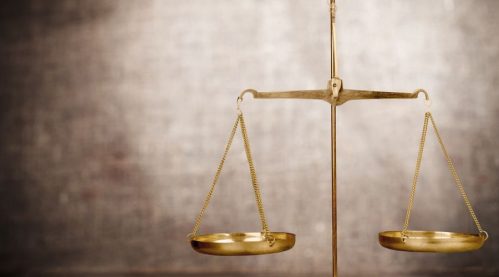
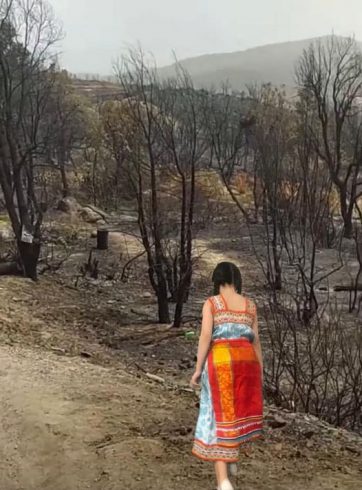
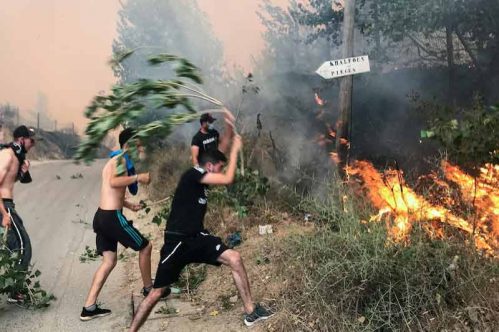
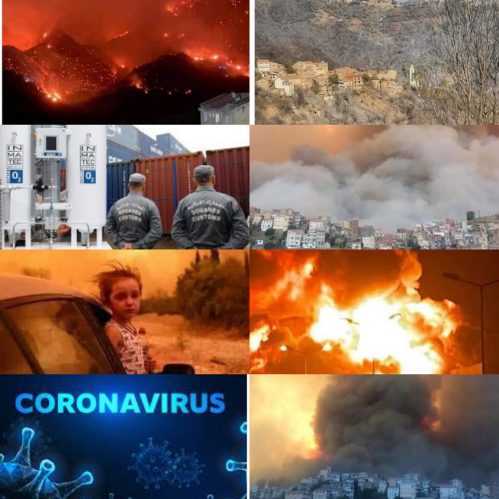
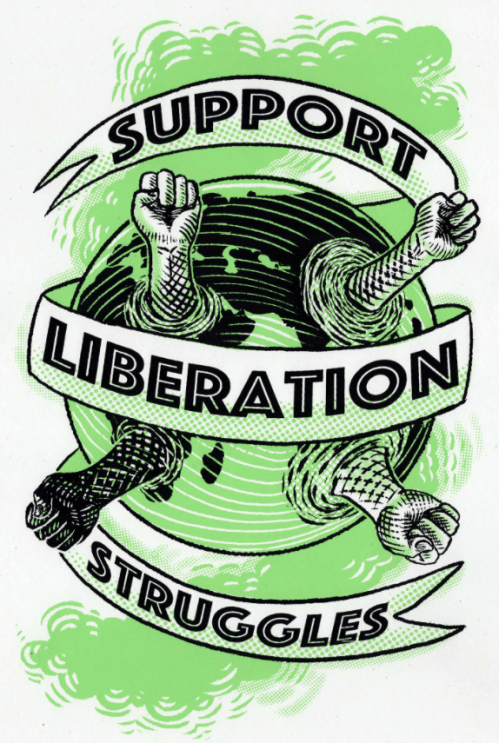
Leave a Comment